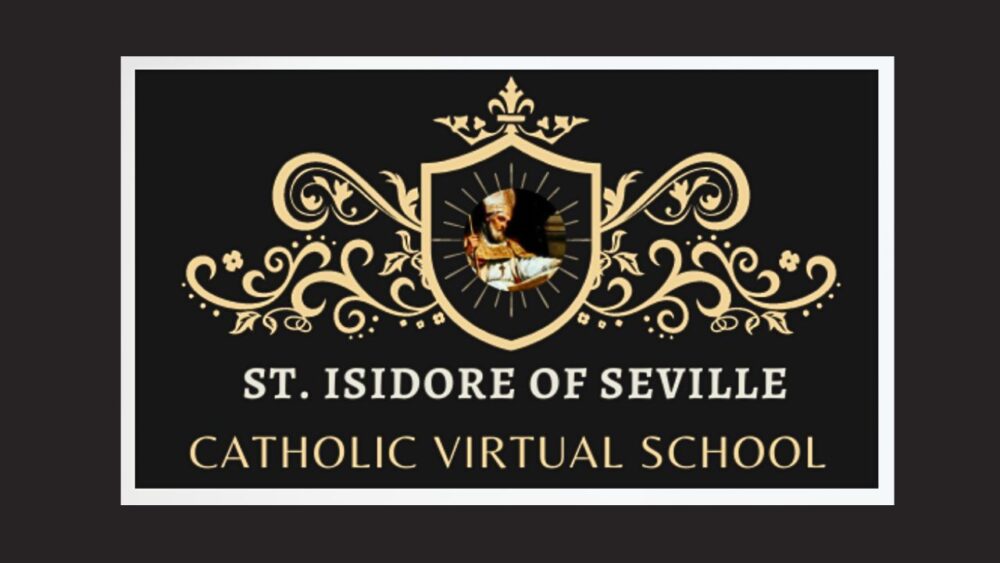A deadlocked U.S. Supreme Court has effectively ended a high-profile bid to establish the nation’s first publicly funded religious charter school in Oklahoma.
In a terse one-line opinion Thursday, the justices affirmed a lower court ruling that barred St. Isidore of Seville Catholic Virtual School from receiving state funds, citing constitutional concerns. The 4–4 decision came after Justice Amy Coney Barrett recused herself, leaving the Court without a clear majority and thereby allowing the Oklahoma Supreme Court’s decision to stand.
The ruling marks a blow to the school’s supporters and other advocates who hoped the high Court would clear a path for state-backed religious charter schools. Instead, the tie vote upheld the Oklahoma high court’s view that funding the Catholic school would violate the Establishment Clause of the First Amendment.
The case, Oklahoma Statewide Virtual Charter School Board v Drummond, originated after the Oklahoma board approved St. Isidore’s charter application in June 2023. That approval would have made the school eligible for public funding so long as it remained open to all students and abided by local, state, and federal education laws.
However, in its application and public statements, St. Isidore made clear its religious identity and purpose. The school pledged to “fully embrace the teachings of the Catholic Church” and to participate in “the evangelizing mission of the church,” prompting legal challenges soon after the charter was granted, per the American Bar Association.
Oklahoma Attorney General Gentner Drummond, a Republican, sued to block the contract, arguing that taxpayer funding for a sectarian institution amounted to an “unlawful sponsorship” of religion and posed “a serious threat to the religious liberty of all four-million Oklahomans.”
Drummond signaled concern that an affirmative ruling might have eventually allowed Islamic schools to become publicly funded.
“The Supreme Court has ruled in favor of my position that we should not allow taxpayer funding of radical Islamic schools here in Oklahoma. I am proud to have fought against this potential cancer in our state, and I will continue upholding the law, protecting our Christian values and defending religious liberty,” Drummond posted on X, alongside a screenshot of the Court’s ruling.
The Supreme Court has ruled in favor of my position that we should not allow taxpayer funding of radical Islamic schools here in Oklahoma. I am proud to have fought against this potential cancer in our state, and I will continue upholding the law, protecting our Christian values… pic.twitter.com/JvjiLe6Nfw
— Oklahoma Attorney General Gentner Drummond (@Okla_OAG) May 22, 2025
This matter echoes a recent battle in Plano, Texas, about whether a Muslim group could build an Islamic city, commonly known as “EPIC City.” Although schools were not at the center of the debate around EPIC City, the planned community inherently raised questions about whether leaders would eventually pursue some form of Islamic public education.
Oklahoma’s highest Court sided with Drummond in an earlier opinion, saying the use of public funds to support a religious school violated long-standing constitutional precedent. St. Isidore appealed, and the U.S. Supreme Court agreed to hear the case, setting the stage for what many saw as a potential landmark ruling on religious liberty and public education.
Instead, the high Court remained evenly split, with no majority opinion issued. Justice Barrett’s recusal—reportedly due to past associations with parties involved in the case—left only eight justices to weigh in. During oral arguments, the Court’s liberal wing—Justices Sonia Sotomayor, Elena Kagan, and Ketanji Brown Jackson—grilled attorneys for the school on how it would handle students of different faiths and whether it would follow the same oversight requirements as other public schools.
The justices also explored two key constitutional questions: whether charter schools are truly public entities subject to the Establishment Clause and whether denying religious schools access to public funds constitutes a violation of the Free Exercise Clause.
St. Isidore’s legal team argued the school functioned more like a private contractor than a state actor, a point hotly contested during the proceedings.
Despite the Court’s recent willingness to side with religious groups in other funding cases—such as allowing public money to flow to religious schools in Maine and Montana for neutral services—this case pushed the boundaries further by seeking full charter school status, a legal category typically reserved for secular public institutions.
Thursday’s split decision leaves that distinction unresolved at the national level, preserving the status quo and a patchwork of legal standards across states.
The ruling is the second recent decision to reflect Oklahoma’s tension between religion and public education. Earlier this year, the Oklahoma Supreme Court also temporarily blocked the state’s Department of Education from using taxpayer money to purchase tens of thousands of Bibles for public school classrooms. That policy, backed by state Superintendent Ryan Walters, was similarly challenged under the Establishment Clause.
These cases underscore growing legal and political friction in Oklahoma, where Republican lawmakers have long held dominant power but where the courts have frequently checked their policy initiatives with rulings viewed by some as out of step with the state’s electorate.


